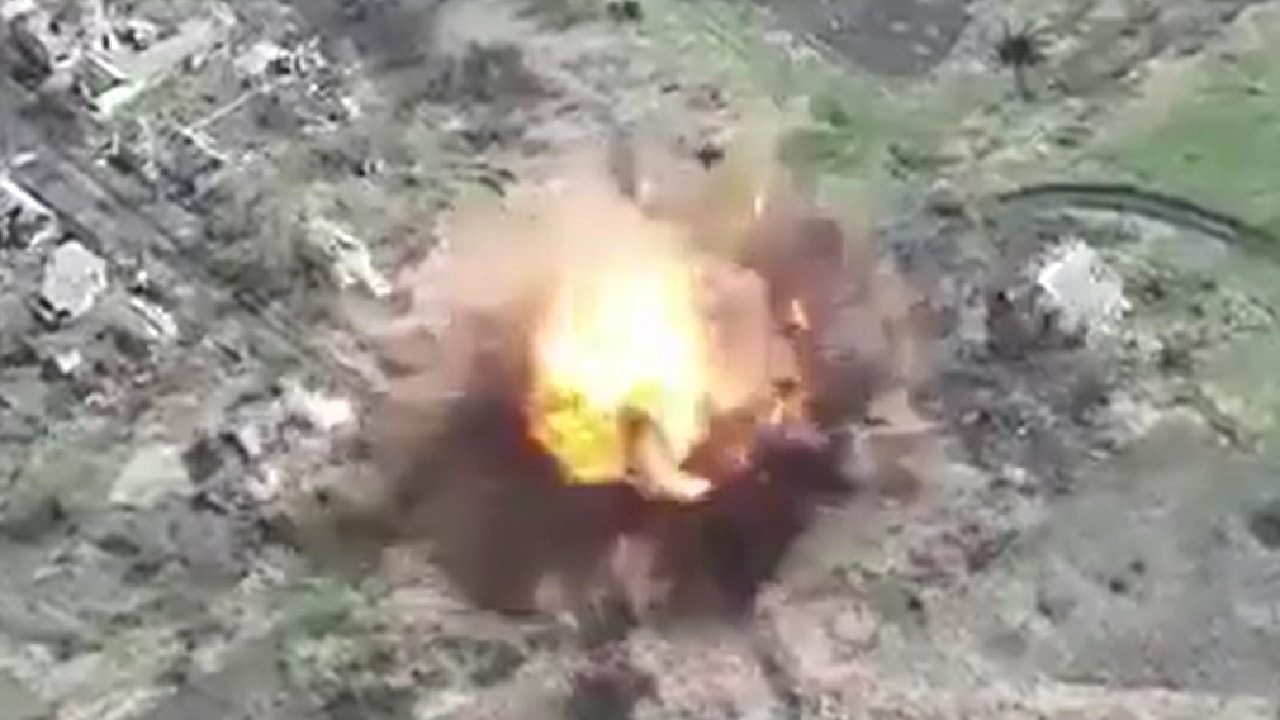The Kakhovka hydroelectric dam in southern Ukraine was destroyed on Tuesday, leading to major flooding and sparking fears of wider damage and loss of life.
Ukrainian President Volodymyr Zelenskyy accused Russia of orchestrating the attack, calling Russian forces “terrorists” and saying they will be pushed back from “every inch” of Ukrainian territory.
The Ukrainian government further described the incident as the worst environmental disaster in Ukraine since Chernobyl.
Former Ukrainian Minister of Ecology Ostap Semerak told the Guardian that the dam’s collapse would also affect the countries surrounding Ukraine.
“This will have an impact on Romania, Georgia, Turkey, and Bulgaria,” Semerak said. “Our government has announced this is the biggest environmental catastrophe in Europe over the past 10 years, and I think it may be the worst in Ukraine since Chernobyl in 1986.”
Wheat and corn prices have already risen sharply following the rupture of the 98-foot dam and the hydroelectric station that brings power, water and sewage services to southern Ukraine, including to Crimea. Russian forces have held Crimea since its annexation in 2014.
The Kakhovka dam is amongst the largest water reservoirs on the planet. It dams the waters of Ukraine’s Dnieper river, which has become a dividing line between Russian and Ukrainian forces in the war.
Beyond possibly displacing tens of thousands of Ukrainians, flooding fields, and disrupting agriculture, the dam collapse could interrupt coolant infrastructure at the Zaporizhzhia nuclear power plant, which is already in danger of catastrophic meltdown. Around 80 small towns have been evacuated since the dam ruptured, and an estimated 16,000 residences have been lost.
Who Is Responsible For The Rupture?
The dam collapse remains under investigation, and while Ukraine blames Russia for intentional neglect followed by intentional sabotage, the Kremlin says Ukraine’s military strikes in the area were the cause.
An expected counteroffensive from Ukraine has not yet occurred, and Kyiv alleges that Russia damaged the dam as a strategic attempt to slow Ukraine’s planned actions in the area. Russia, however, claims that Ukraine orchestrated the attack to stop Kremlin forces from crossing the river and attacking Ukraine on the west of the Dnieper.
The Biden administration has stated only that U.S. officials are monitoring the situation closely.
Humanitarian organizations have already stepped up to assist the many thousands of Ukrainians affected by the floods, while UN Undersecretary General for Humanitarian Affairs Martin Griffiths commented that the crisis will make life “intolerably harder” for civilians already negatively impacted by the war.
Although officials have said there is no immediate danger to cooling processes at Zaporizhzhia, the possibility of a worsening ecological disaster remains.
Over 150 tons of industrial chemicals and toxins are now in the watershed and are expected to reach as far as Romania and Turkey.
Jack Buckby is 19FortyFive’s Breaking News Editor. He is a British author, counter-extremism researcher, and journalist based in New York. Reporting on the U.K., Europe, and the U.S., he works to analyze and understand left-wing and right-wing radicalization, and reports on Western governments’ approaches to the pressing issues of today. His books and research papers explore these themes and propose pragmatic solutions to our increasingly polarized society.

